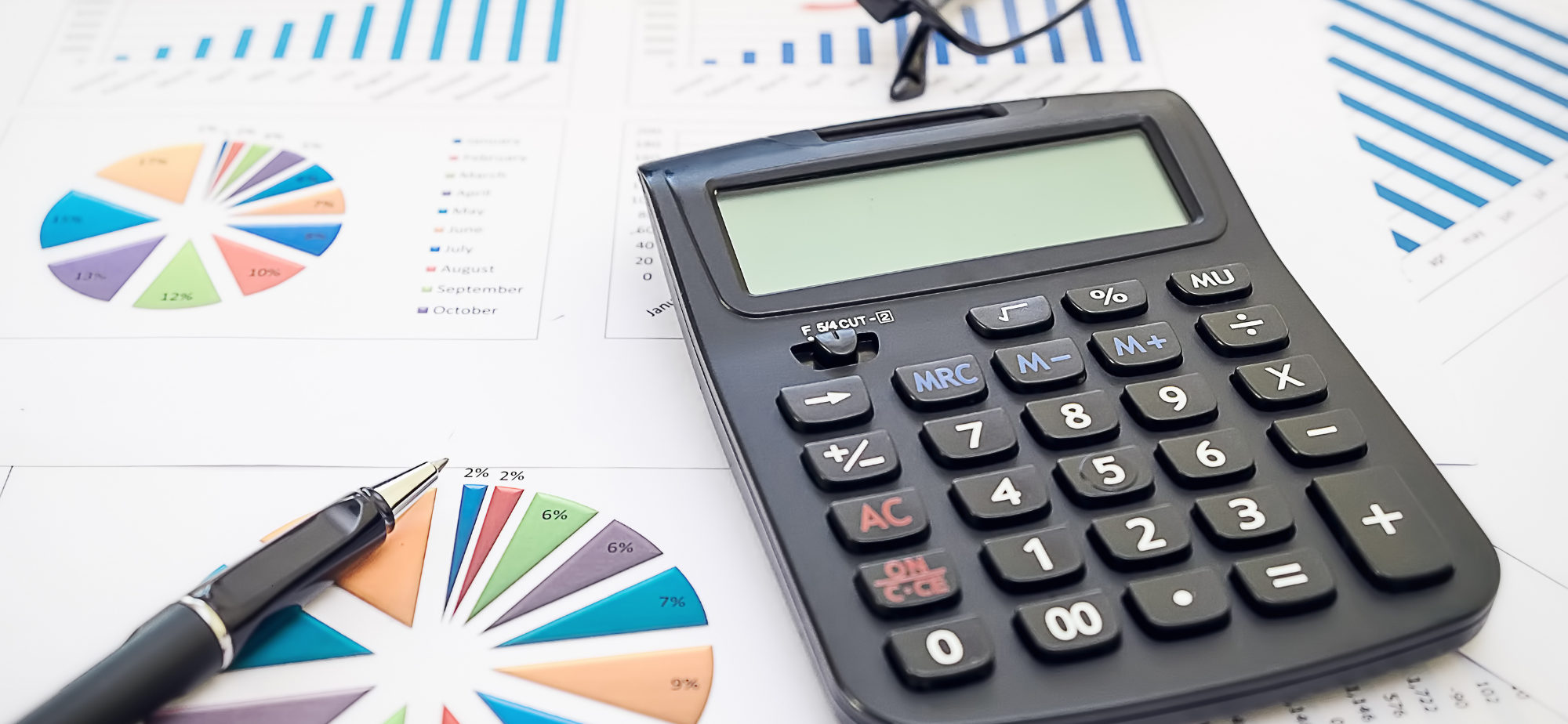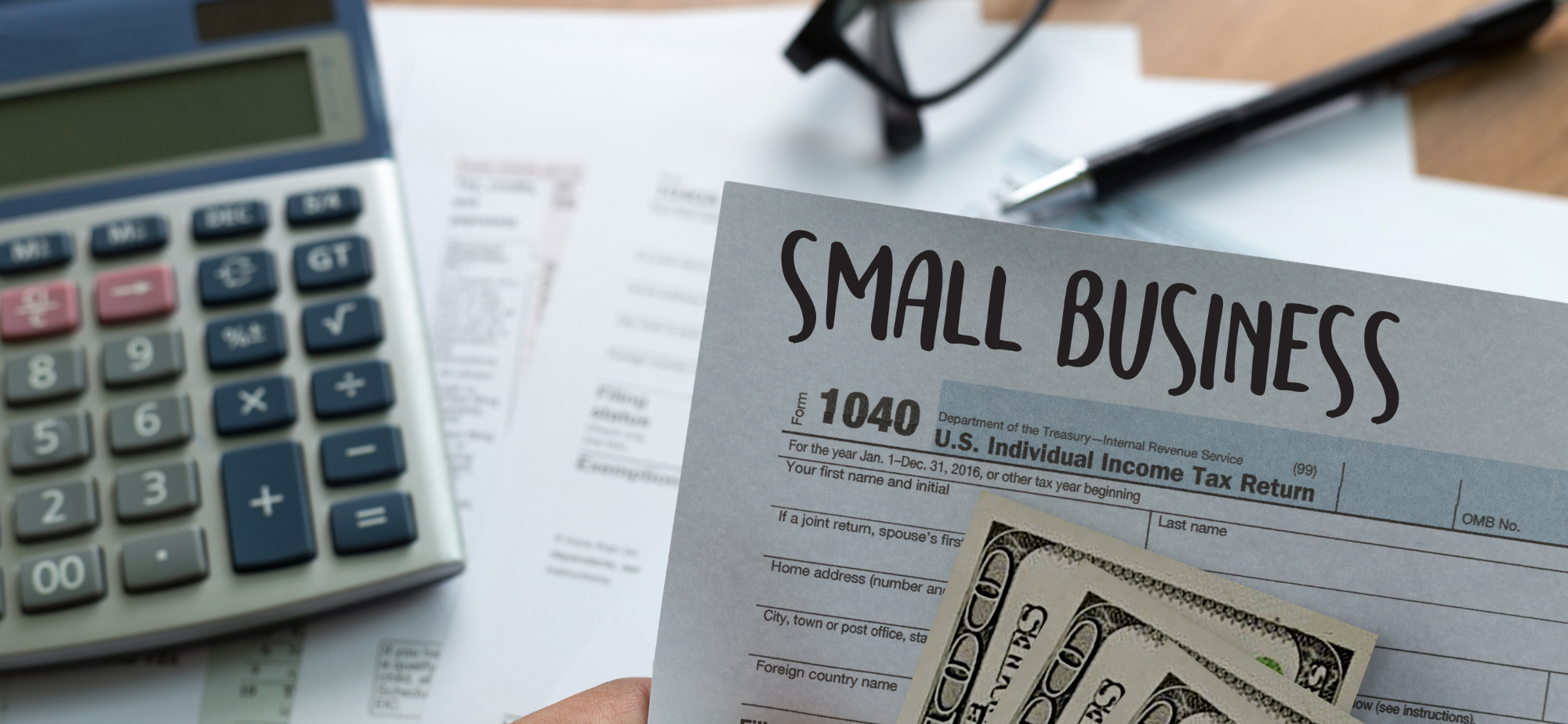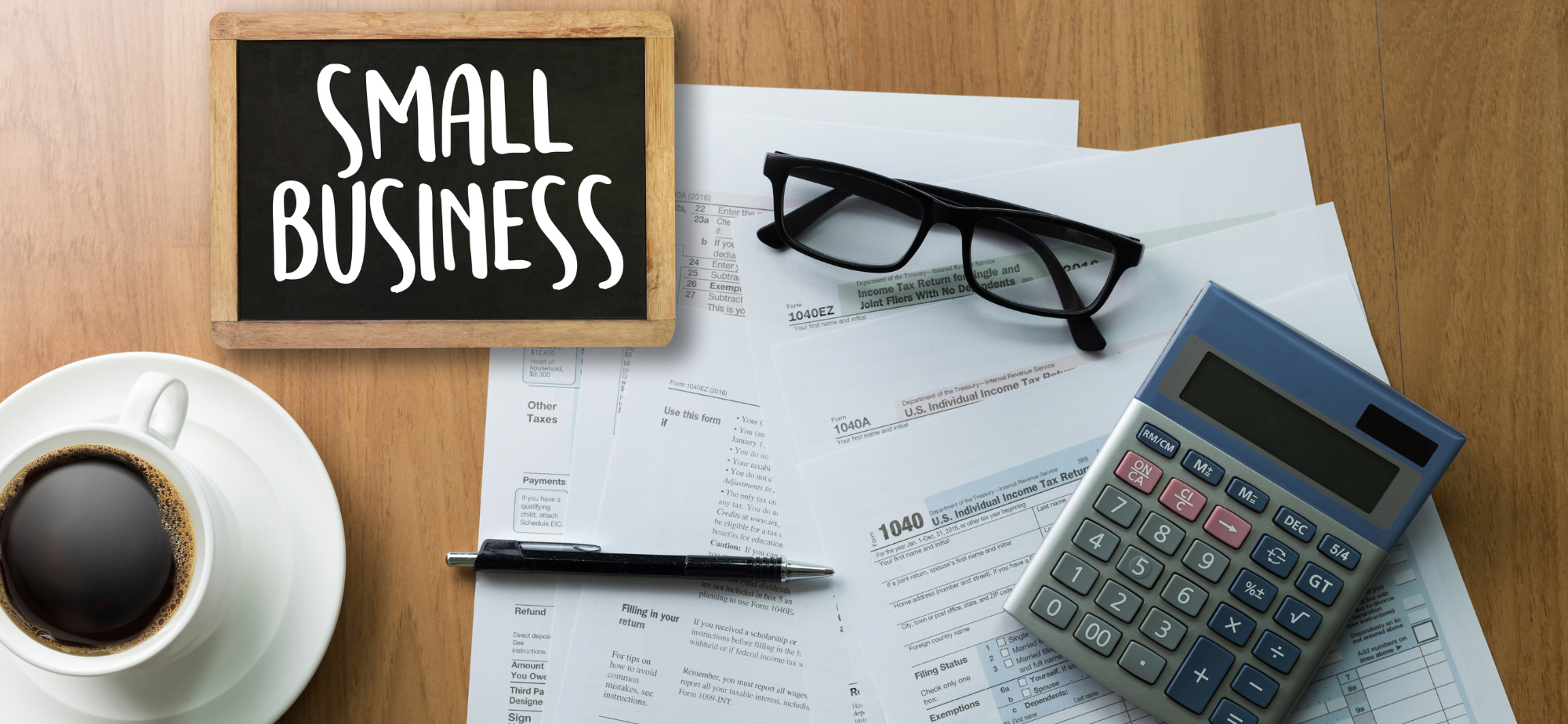Crypto-currency trading needs to be accounted for in your income tax return. The taxpayer needs to account for the profit (gain) or loss in your income tax return. This occurs only when you sell the currency not by holding the asset, generally speaking, for income tax purposes. A passive investment is one where the asset such as a rental property, earns its own income.
Buying and selling frequently, say, daily or weekly for example, suggests that this activity is unlikely to be classified as a passive investment. Another important aspect of this crypto-currency “trading”, is whether you are an investor with a passive income or whether you are a trader who buys and sells. This does not just apply to crypto-currency but to all assets. An investor is one who buys, for example, a rental property and rents the property out for a number of years and then sells. This person is a passive investor whereas someone who buys and sells frequently looks less like a passive investor and more like a trader. Crypto-currency does not appear to pay interest or dividends but generates a profit on a buying and selling operation.
So what is the difference? A passive investor on selling the asset after holding the asset for 12 months or more, receives a 50% discount on the taxable component of the capital gain. A trader does not. A trader is simply like a supermarket where you buy goods and you sell them so you pay tax on the profit. A trader does not get the 50% discount. If you continually buy and sell assets such as shares, you may be considered a trader and not a passive investor. You need to be careful and aware of the tax implications by becoming a trader.
There are a lot of advantages in being a passive investor such as holding shares for some years before selling to make a profit compared to that of a trader who buys and sells. A trader however might make their living simply by buying and selling shares or other investments. Another key factor is whether or not you have another income such as employment and buy shares to hold for a considerable time and then sell. A trader, often, but not necessarily, does not have employment elsewhere and buys and sells shares or other assets on a daily basis as their business.






